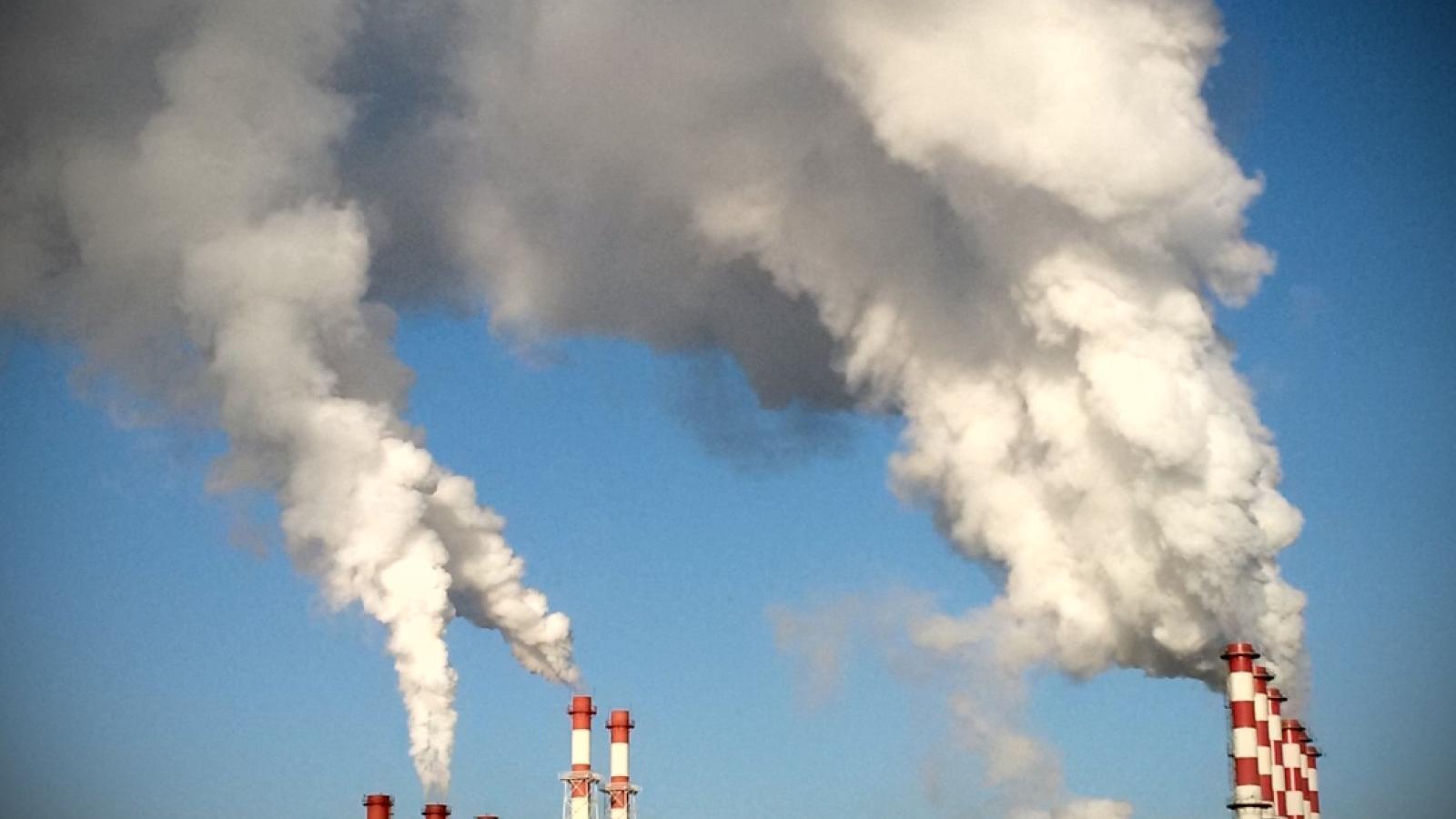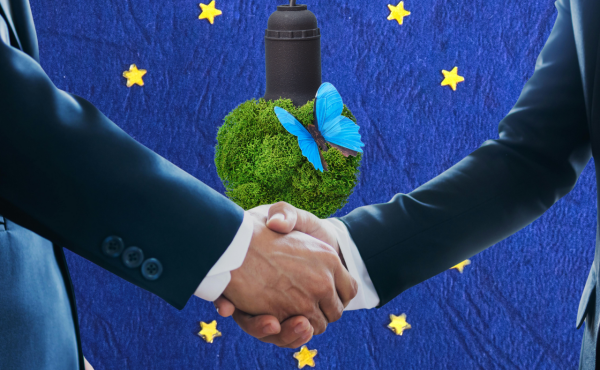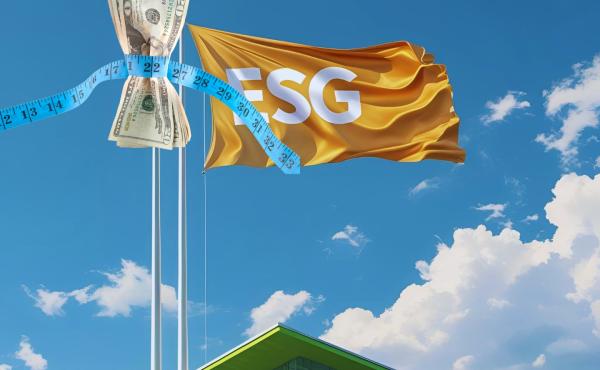
The ECGI blog is kindly supported by

A Russian energy ban is the responsible thing to do
"Those who fear an economic collapse precipitated by the oil and gas ban generally think that it is hard to substitute Russian gas. But the marvel of market economy is its adaptability."
While the Western democracies have blocked the reserves of the Russian Central Bank, they continue to send large sums of hard currency in the form of oil, gas and coal payments to Russia.
Russia’s brutal attack on Ukrainian cities and villages continues. Thousands are dying, millions are displaced. Yet the West remains paralyzed about further action on what matters most: sanctions on Russian energy imports. Several governments have argued repeatedly and forcefully that a European ban on Russian energy would be ineffective and too costly. Notoriously, German Federal Minister for Economic Affairs and Climate Action, Robert Habeck, said that such a ban “could cause mass poverty in Germany”. However, this is not what the available estimates from independent professional economists lead us to expect. This article summarizes the key arguments made by professional economists on the two main questions. First, it argues that, unambiguously, the ban would be highly effective at harming Putin and Russia’s economy. Second, it argues that the pain to Europe’s economy, and most notably Germany’s, would be manageable.
An oil and gas ban would cause massive pain to Russia’s economy
While the Western democracies have blocked the reserves of the Russian Central Bank, they continue to send large sums of hard currency in the form of oil, gas and coal payments to Russia. Already, from the start of the war Europe has transferred more than 20 billion euros – an injection of 700 million euros per day into the currency-starved Russian state. This hard currency inflow allows the Russian Central Bank to maintain financial stability-indeed, while the ruble collapsed by 70% after the invasion, it has since recovered most of this drop.
Moreover, historically, the budget of the Russian Federation has been 40% funded by energy exports. The share is probably even higher now. Without this inflow of hard currency to back up the ruble, any effort by the Russian government to pay salaries with unbacked paper will translate into hyperinflation.
Two of the world’s foremost Russian economists are in complete agreement on these points.
That Putin expects the losses resulting from an embargo to be large is further demonstrated by one clear fact: the tap hasn’t been turned off by him.
Some claim Russia will sell its oil and gas to China and other countries. However, Europe accounts for 49% of Russian oil and 74% of Russian gas exports. Exporting gas by LNG tanker is significantly costlier than by pipeline, and the infrastructure takes a long time to build. Moreover, secondary sanctions may be employed. In the case of Iran, a good example of restrictions on energy exports, oil production declined from around 6 million barrels per day at the time of the Islamic revolution (1979) to 2 million in 2020, with over half that decline (from 4 to 2 million barrels per day) happening during the 2016-2020 re-imposition of the embargo. That Putin expects the losses resulting from an embargo to be large is further demonstrated by one clear fact: the tap hasn’t been turned off by him.
How large would the losses caused by a full embargo be? A model developed by Robin Brooks, Chief Economist of the IIF, the financial industry association, projects a 30% decline in GDP for Russia this year, while ‘an embargo would see an even bigger fall, possibly in excess of -40%.’ -- making the pursuit of this war virtually impossible.
An oil and gas ban would cause limited and bearable economic costs to Europe’s economy
The claim of “mass poverty” made by the German Federal Economics minister is counter to all existing research. Available estimates suggest that the impact would be a loss of between 0.5-3.5% of German GDP. It would probably be less elsewhere, as Germany’s economy is one of the most dependent on Russian energy. These are non-negligible costs, but they are a far cry from anything that justifies these fear-mongering claims. The existing independent studies are unanimous:
- State-of-the-art macroeconomic analysis which includes (a) worst-case scenarios; (b) impact of cascading effects through supply chains; (c) impact on inflation-adjusted, real quantities; (d) parameter uncertainty; and, (e) in more recent analysis, potential demand-side effects estimates the hit to German GDP between 0.5-3% (middle of this range more likely than the top).
- Goldman Sachs assume that relatively little adjustment takes place and estimate a loss of 3.5% of GDP.
- The ECB calculates a 1.4% hit to euro area GDP in the most severe scenario of energy ban.
- Bruegel describes how Europe can do without oil and coal and without gas from Russia.
Even the worst-case scenarios for any of these forecasts are significantly milder than both the great recession and the COVID shock, and amount to losing a year or two of growth.
Obviously, the consequences will be harder on certain industries and groups. The hit would be greater for the steel and chemical industries. Lower income individuals would be particularly vulnerable to such a shock.
That crisis showed that our governments have the appropriate policy tools to deal with these impacts, and given the manageable aggregate impact, they can afford to do so.
However, examples of such heterogenous effects already exist. With the Covid-19 pandemic, a shock whose economic damage was much larger than the likely effect of an embargo, the travel and hospitality industries were hit relatively hard and lower income individuals were particularly affected. That crisis showed that our governments have the appropriate policy tools to deal with these impacts, and given the manageable aggregate impact, they can afford to do so. We know how to cushion the impact on unemployment and incomes of individuals – we have done this before (because of e.g. Kurzarbeit, there was only a minimal increase in unemployment in Germany). We could also directly protect the businesses that are most affected, for example, by funding any short-term production stoppages. Some assert that manufacturing is more difficult to assist than services, but there are no reasons why this would be true.
After a hypothetical 2% hit to GDP, a deficit-financed support designed to prevent any second-round effects would raise debt-GDP by only 2 percentage points (from 71 to 73% in the case of Germany). The time to use this fiscal space is surely now.
Those who fear an economic collapse precipitated by the oil and gas ban generally think that it is hard to substitute Russian gas. But the marvel of market economy is its adaptability.
Those who fear an economic collapse precipitated by the oil and gas ban generally think that it is hard to substitute Russian gas. But the marvel of market economy is its adaptability. Alternative supply streams will be activated; amongst others, sources of supply can be ensured through the import of LNG and usage of existing storages of ‘cushion gas’. Demand will adjust. Production processes will change over time. Only a small degree of substitutability makes a world of difference. There are plenty of real-world examples of how production processes adjust, often in extreme circumstances. Some firms may face short-term interruptions, others may not adjust and will be replaced by new, more flexible firms. This change is costlier for the incumbents, so it is not very surprising that it is being resisted.
At any rate, most of the pain of such a ban would be short-term. The economic adjustment means that the embargo’s costs decline over time. In the long run, this policy will speed up our transition towards a greener, cleaner, and more sustainable economy. The current plan put forward by the European Commission is a useful blueprint for the long-term ambitions, but given the situation in Ukraine, Europe should accelerate this process. A ban on Russian energy would do exactly that.
The dependence on Russian energy is not an accident – it is a direct consequence of wrong-headed policies that have been pursued. The people of Ukraine are already paying the highest price, and it is only just that this cost is shared across Europe too. Europe’s addiction to Russian fossil fuels is a double-edged sword – much of Russia’s income comes from Europe. Now is the time to use this weapon to fight back against Putin.
Luis Garicano is a Member of the European Parliament.
Lukasz Rachel is a Postdoctoral Research Associate at Princeton University.
The ECGI does not, consistent with its constitutional purpose, have a view or opinion. If you wish to respond to this article, you can submit a blog article or 'letter to the editor' by clicking here.








